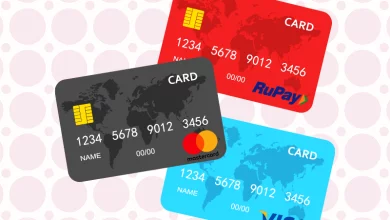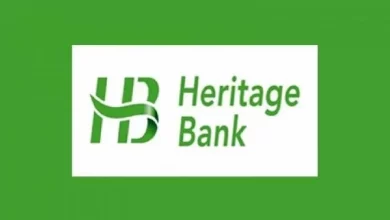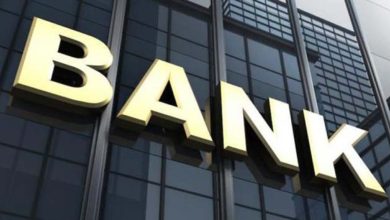How to Consolidate Debt
Debt consolidation is the process of combining multiple debts into a single debt, typically with a lower interest rate and monthly payment. This can make it easier to manage your debt and pay it off faster.
There are a few different ways to consolidate debt, including:
- Personal loan: You can take out a personal loan from a bank, credit union, or online lender to pay off your existing debts. Personal loans typically have lower interest rates than credit cards, so you may be able to save money by consolidating your debt.
- Balance transfer credit card: Another option is to transfer your credit card balances to a new credit card with a 0% APR introductory offer. This can give you a break from interest payments for a period of time, typically 12-18 months. However, it’s important to pay off your balance in full during the introductory period to avoid paying high interest rates on the remaining balance.
- Home equity loan or line of credit: If you have equity in your home, you may be able to take out a home equity loan or line of credit to consolidate your debt. Home equity loans and lines of credit typically have lower interest rates than other types of loans, but they come with the risk of foreclosure if you can’t make your payments.
How to Choose the Best Debt Consolidation Option for You
The best debt consolidation option for you will depend on your individual circumstances, such as your credit score, income, and the amount of debt you have.
If you have good credit, you may be able to qualify for a personal loan with a low interest rate. This is often the best option for consolidating debt, as it can save you the most money on interest.
If you have fair or poor credit, you may still be able to consolidate your debt with a balance transfer credit card. However, it’s important to compare different credit cards and choose one with a 0% APR introductory offer and a low fee for transferring balances.
If you have equity in your home and a good credit score, you may be able to qualify for a home equity loan or line of credit. This can be a good option for consolidating debt, but it’s important to remember that you’re putting your home at risk if you can’t make your payments.
Tips for Consolidating Debt Successfully
Here are a few tips for consolidating debt successfully:
- Make sure you can afford the new monthly payment: Before you consolidate your debt, make sure that you can afford the new monthly payment. Consolidating your debt should make your payments more affordable, but it’s important to do the math to make sure that you can afford the new payment before you sign on for a new loan.
- Don’t add new debt: Once you’ve consolidated your debt, it’s important to avoid adding new debt. This can be difficult, but it’s important to stay focused on paying off your debt as quickly as possible.
- Create a budget: Once you’ve consolidated your debt, it’s important to create a budget to help you track your income and expenses. This will help you make sure that you’re making enough money to cover your monthly payments and other expenses.
Consolidating debt can be a great way to get out of debt faster and save money on interest. However, it’s important to choose the right debt consolidation option for you and to make sure that you can afford the new monthly payment.




